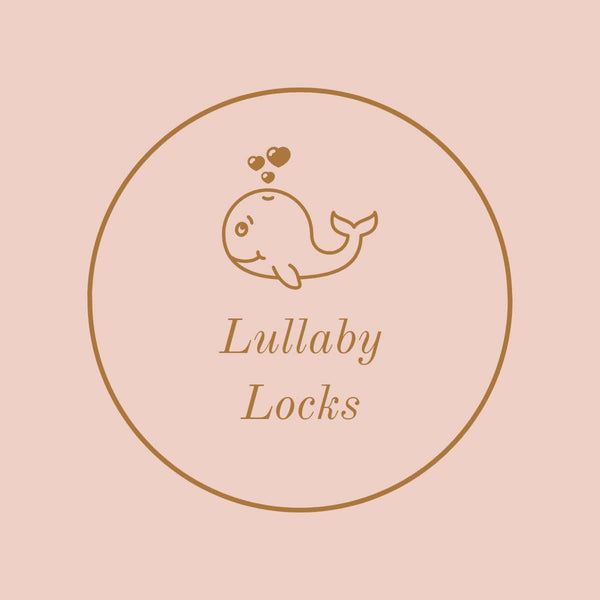Bringing home a newborn is both magical and mysterious. As parents, especially first-time ones, every movement, sound, and expression can spark wonder or worry. Is that little sneeze normal? Why do they flail their arms suddenly? Are they dreaming when they smile in their sleep?
The truth is, newborns come with a whole set of instinctive behaviours that may seem puzzling at first. But these behaviours are not just normal, they're essential milestones in their early development. Let’s explore some of the most common (and curious) newborn behaviours and what they mean.
1. Startle Reflex (Moro Reflex)
You might notice your baby suddenly throwing out their arms, opening their hands wide, and then pulling their limbs back in especially after a loud sound or sudden movement. This is the Moro reflex, a completely normal response that starts from birth and typically fades by 4 to 6 months. It’s a sign of a healthy, developing nervous system.
2. Rooting and Sucking Reflexes
When you stroke your baby’s cheek, they’ll likely turn toward your hand with an open mouth. That’s the rooting reflex, helping them locate the breast or bottle. Once they latch, the sucking reflex kicks in vital for feeding. These are present at birth and gradually become voluntary behaviours over the first few months.
3. Sleep Smiles and Dreamy Faces
Newborns sleep a lot up to 16-18 hours a day and during those naps, you might see them smile, frown, or make strange facial expressions. These are caused by REM sleep, during which their brain is actively developing. That sweet sleep-smile isn’t always from a dream but it still melts hearts!
4. Hiccups and Sneezes
Newborns frequently get hiccups, often after feeding, because their diaphragm is still developing. Similarly, sneezes help clear their tiny nasal passages, not necessarily signs of illness. Both are completely normal and don’t usually need intervention.
5. Cluster Feeding and Feeding Cues
In the early weeks, babies often feed very frequently, sometimes every hour, especially in the evenings, a phenomenon known as cluster feeding. This helps boost your milk supply and supports rapid growth. Watch for feeding cues like lip smacking, rooting, or hand-sucking before they cry, it’s their way of saying “I’m hungry.”
6. Grunts, Squeaks, and Noisy Breathing
Newborns are surprisingly noisy! You’ll hear grunts, whimpers, and squeaks, especially during sleep. Their airways and digestive systems are still maturing. Unless your baby is struggling to breathe or turning blue, these sounds are normal.
7. Flailing Arms and Legs
In the womb, your baby was snug and curled up. Now, with all the space outside, you might see sudden jerky arm and leg movements. These are due to immature motor control and will smooth out as they grow. Swaddling can help soothe them by mimicking the cozy womb environment.
8. Crying as Communication
Crying is your baby’s only way to express hunger, discomfort, tiredness, or overstimulation. It’s not manipulation, it’s communication. Over time, you’ll learn the subtle differences in their cries and how best to respond.
9. Pooping Faces and Grunts
Making a poop is hard work for a newborn! Their abdominal muscles are weak, so you’ll often see scrunched-up faces, grunts, or even little cries while they work it out. As long as the stool is soft and they’re not in distress, this is completely normal.
10. Eye Movements and Crossed Eyes
Don’t worry if your baby’s eyes sometimes appear crossed or if they don’t seem to focus well at first. Their eye muscles are still developing. By about 2 months, babies usually start tracking objects and faces with more coordination.
When to Seek Help
While most newborn behaviours are harmless, always trust your instincts. Speak to your pediatrician if you notice:
- Persistent high-pitched or weak crying
- Trouble feeding or very few wet diapers
- Limpness or lack of responsiveness
-
Breathing difficulties or blue-tinged lips
Every coo, sneeze, and stretch is a part of your baby’s early journey. Understanding these behaviours not only helps you worry less but also strengthens your bond with your little one. Remember: your baby isn’t just growing day by day—they’re also teaching you the language of new life.

